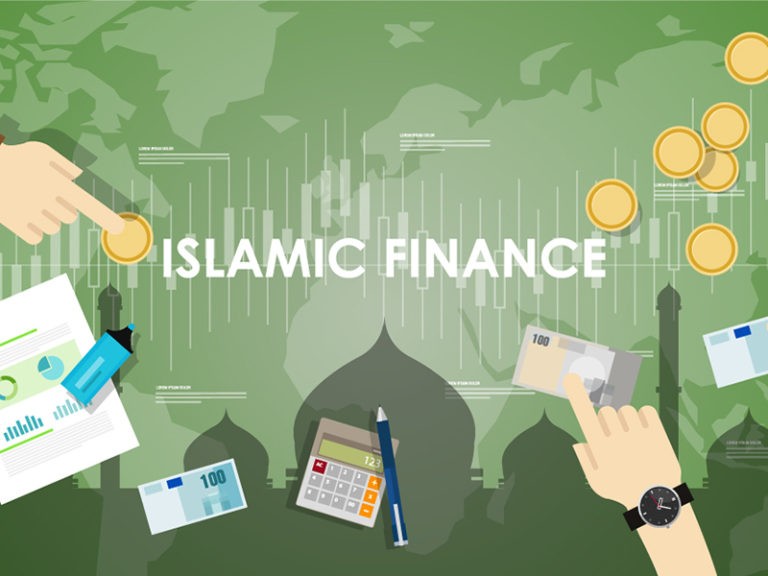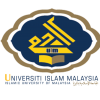Zakat Accounting
By Syed Zahiruddin Syed Musa
Zakat, also spelled as "zakah," is one of the Five Pillars of Islam and is an obligatory form of almsgiving or charitable giving in Islamic finance and practice. It is considered a fundamental religious duty for Muslims, and its primary purpose is to redistribute wealth within the Muslim community, promote social justice, and provide for the less fortunate. The term "zakat" is derived from the Arabic root word "zakaa" which means clean and pure (As-Syams 91:9). In essence, zakat involves Muslims giving a portion of their wealth, typically 2.5% of their savings and assets (such as gold, silver, cash, and investments), to help those in need (Ya’qub & Sarwar, 2015). It is meant to support various categories of recipients, including the poor, the needy, those in debts, travellers in need, and others who may be eligible for zakat according to Islamic jurisprudence.

COMPARATIVE STUDIES IN UNDERSTANDING MAJALAH AHKAM JOHOR TEXT AND THE IMPLEMENTATION OF THE TAWARRUQ FINANCING IN MALAYSIAN ISLAMIC BANKING
By Dr. Muhammad Azizur Rahman Ramli, Dr. Wan Mohammed Sallam Wan Sulaiman, Mohd Afiq Ab Jalil
Tawarruq, as one of the most commonly used financing products by Islamic banks, has attracted much criticism. One of these accusations is that it is used to evade interest. Tawarruq financing, despite being widely used by Islamic banks, has faced criticism for being accused of evading interest and for being misunderstood by the society In this paper, we compare the modern tawarruq guideline with the text of the Majallah ahkam johor and identify its implementation. The Majallah al-Aḥkām al-'Adliyyah, which was part of the legal text of the Ottoman Empire, was introduced in Johor during the reign of Sultan Abdul Hamid II (1876-1908). The book was brought to the Kingdom of Johor in Arabic in 1893 and later translated into Malay (Majalah Ahkam Johor) in 1913 during the reign of Sultan Ibrahim (1895-1959). This book is a legal reference work dealing with matters of Islamic civil law such as contracts of sale and lease and hibah. The use of the Majalah Ahkam Johor encountered obstacles in the courts due to the interference of the British administration in the legal and judicial system of the state. Nevertheless, the Muftis of Johor (1885-1941) played an important role in the economic and social affairs of the state through informative and authoritative arguments. Our methodology is qualitative and specifically includes a content analysis of the Majalah Ahkam Johor manuscripts. Our results show that the implementation of tawarruq needs to disclose more information about product features that are easier for customers to understand in order to avoid misunderstandings. Using terms from the Majallah Ahkam Johor can help improve customer understanding of the product.

RECOMMENDATION ON SOLVING E-LEARNING ISSUES FOR IPTS (PRIVATE INSTITUTIONS OF HIGHER LEARNING) IN SARAWAK
By Syed Zahiruddin Syed Musa
E-learning is playing very important role in the present educational scenario. It has potential to change the whole education system and due to this very reason, it has become one of the most preferred subjects for the researchers. Scholars are working on the various aspects of e-learning. This study analyzed the various research works on e-learning for IPTS (Private Institutions of Higher Learning) in Sarawak. The objective of this research is: to examine the suitable research model describing on methods that shows the motivation in e-learning, to identify the suitable type of learning in higher education and to investigate the problems and challenges of implementing e-learning in Sarawak Universities. This research uses Qualitative Method in collecting the data from the respondents which is In-Depth Interview. Means, face to face interview with the respondent. The researcher using simple random sampling in choosing the respondent. This sampling is under probability sampling. There are two colleges in Sarawak that involved in this study: Saujana Academy of Travel and Tour (SATT) and Institute BREM Sarawak (IBS). SATT is located in Kuching while IBS is located in Miri. Furthermore, there are 10 respondents involve in becoming respondent for this research. There are 4 research variables that had been used for this research which is facilities, performance of e-learning, computer literacy and engagement of e-learning. All these four variables will be used in analyzing the data or information that had been gathered. By these four variables also the researcher can give a suggestion and recommendation.


